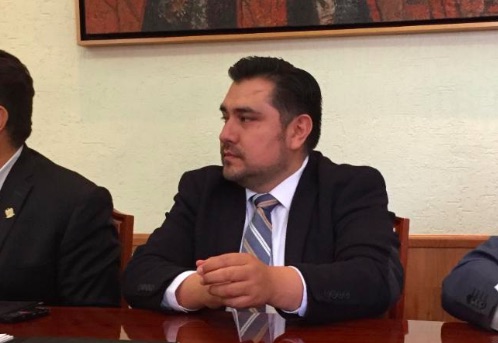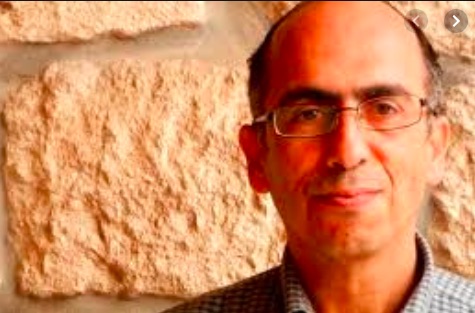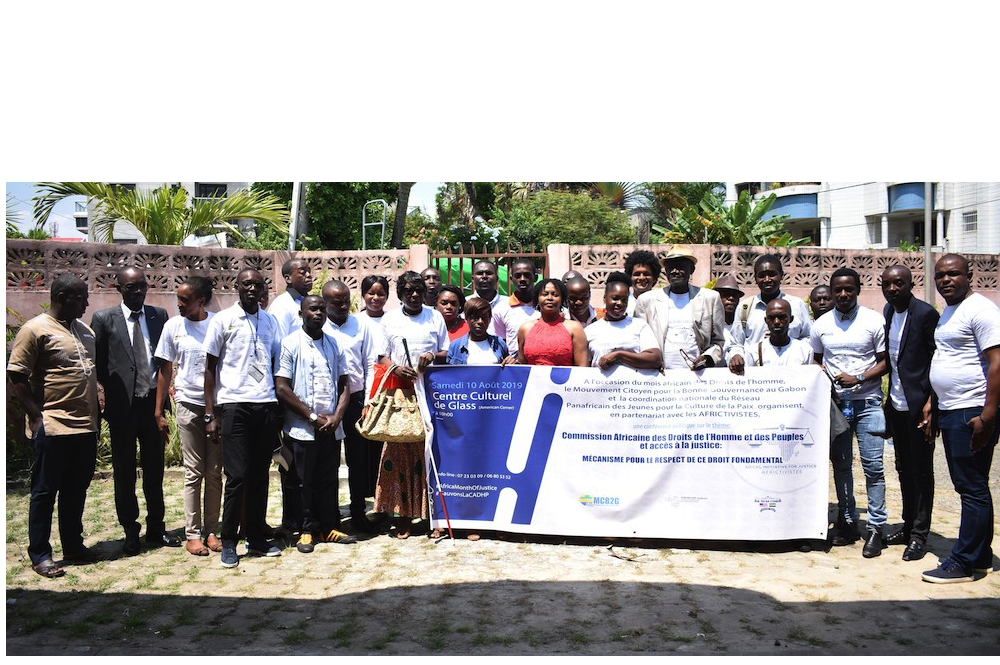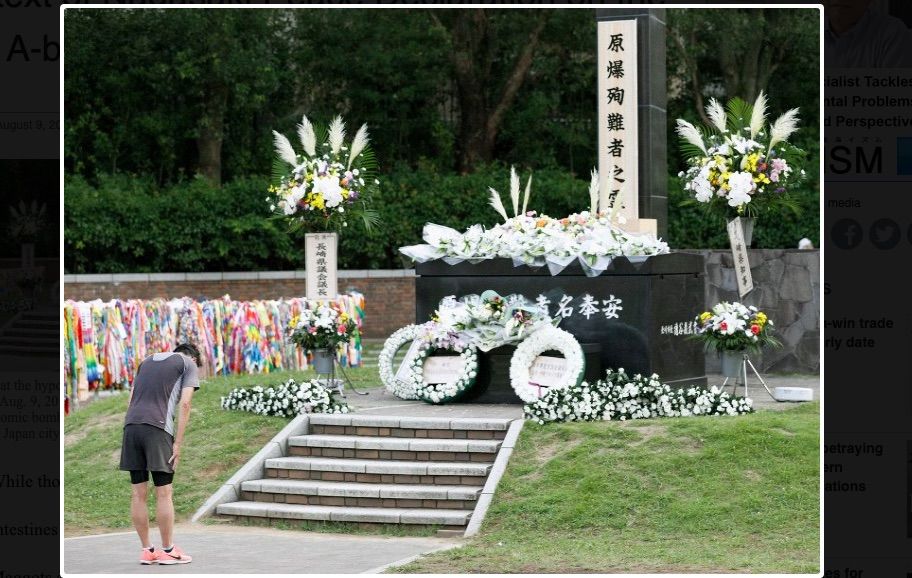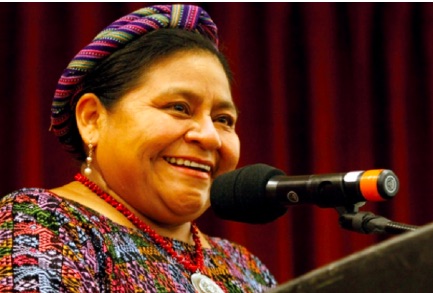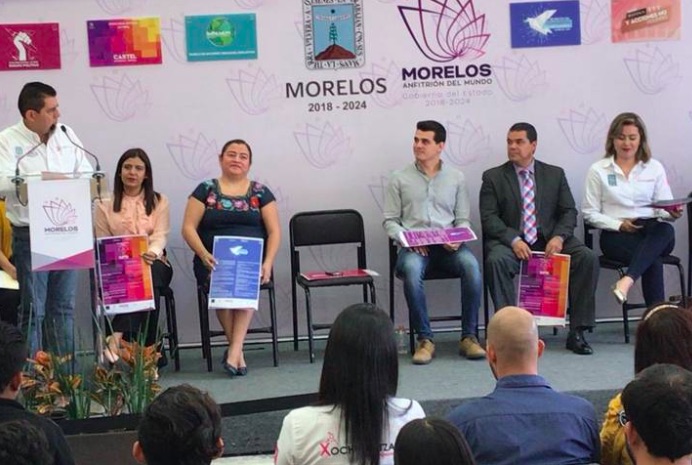. . DEMOCRATIC PARTICIPATION . .
An article by Omoniyi Salaudeen from Sun News Online
Worried by the previous experience of violence and electoral malfeasance in Bayelsa State, concerned stakeholders under the auspices of the Ijaw Elders’ Forum on Wednesday, July 31 converged on Yenagoa. They were there to brainstorm on the peaceful way to achieving a free, fair and credible governorship poll slated for November 16.

Rear Admiral Jonah (Rtd), addressing participants
The conference, with the theme: Peaceful and Credible Governorship Election and Good Governance in Bayelsa State: Building Consensus Through The Ijaw Charter and IJaw Nation Code of Ethics, Leadership and Governance, drew participants from across all walks of life, including the diplomatic corps, political parties and the aspirants. The event was just for one thing: non-violent and credible election.
Flowing from the tune of the discussion at the conference, no one was left in doubt as to the imperative of the urgent need to change the narrative about Bayelsa being perceived as a violence-prone state. All participants unanimously condemned violence in whatever form as a means of aspiring for leadership position.
The guest speaker, Dr Austin Tam George, in his paper entitled: ‘Electoral Violence and Superstition of Power,’ aptly captured the essence of the sensitization workshop. In his presentation, he outlined some of the factors that promote electoral violence. These include contempt for people, lack of confidence in the electoral process, culture of impunity as well as lack of compelling message, among others. He described the entrenched culture of impunity as the greatest danger to democracy, blaming the worrisome trend on absence of deterrence. “Without prosecution of those involved in violence during election, this culture of impunity will not stop. And it endangers democracy. What we have now is democracy without the people. Electoral violence can only produce mediocrity. There can be no visionary leadership where election is characterized by violence. There can no transparency and accountability from leaders who emerge through violence. Electoral violence diminishes everyone,” he posited.
The Chairman of the event, King Bubraye Dakolo, traditional ruler and Ebenanaowei of Ekpetiama Kingdom, set the tone for discussion in his earlier opening address. He urged all aspirants to eschew violence during and after the election, adding that anyone found to instigate violence should be ex-communicated.
“An election is about brain and not about gun. Let the game be a peaceful one. I will also like to suggest that all aspirants should be made to take an oath that they will not encourage violence and anyone who encourages violence should be ex-communicated,” he stated.
The deputy governor, Rear Admiral Gboribiogha John Jonah, who commended the organisers of the conference for the peace initiative, in turn charged the traditional rulers to ensure that the message of peace is taken to the grassroots. He also used the occasion to call on the Independent National Electoral Commission (INEC) to be fair to all.
(Article continued in right column)
Question related to this article:
How should elections be organized in a true democracy?
(Article continued from left column)
“Where an election is not free and fair, there will always be a reaction and you cannot predict the reaction,” he noted.
The Secretary of the IEF, Mr. Efiye Bribena, told the audience that the international community had expressed its strong support for the peace initiative, promising to sanction anyone involved in violence during the election.
“The global community is interested in the election coming up in November. They are partnering with us to have a free and credible election. Their absence in today’s event is due to security reports. They have called in to apologise for the unavoidable absence and expressed the readiness to sanction anyone involved in violence,” he said.
A major feature of the event was the signing and affirmation of non-violence agreement by the governorship aspirants as a demonstration of their commitment to a peaceful and credible election.
Signatories to the agreement included the Deputy Governor, Rear Admiral Gboribiogha John Jonah (retd) (People’s Democratic Party- PDP), Dr. F. Erepamo Osaisai, Kemela Okara, Mrs Diseye Nsim Poweigha (All Progressives Congress- APC), Speaker of the House of Assembly, Tonye Isenah and Eneyi Zidougha, chairman, Inter Party Advisory Council.
The conference, which was a follow up to the earlier workshop held in May, aimed at building an enduring culture of peace and tolerance from the top to the grassroots. The Chairman, BoT, G24 Embasara Foundation and former Executive Secretary/Chief Executive Officer of the Nigerian Content Development and Monitoring Board, Arch Amagbe Denzil Kentebe, speaking with the reporter on the sidelines of the event, assured that the initiative would be sustained beyond the election period.
His words: “We have been having radio programmes where we are talking directly to Bayelsans. Everybody in one way or the other is trying to disseminate this information. This agitation for violence is coming from the top. And that is why we are targeting political actors to make them agree to a peaceful process. The good thing about getting the politicians, who are always the culprits, together is to make them affirm that they will not be violent-prone.
“Violence comes in when someone doesn’t have something to offer. It is a very expensive programme that we have. And don’t forget we are doing it from our own personal contributions because we believe that if there is no violence during election in Bayelsa State, we will have the best of leadership. And the best of leadership will always ensure great development. What we are trying to do is to change the narrative.”
The peace conference was a collaborative effort of Ijaw Elders’ Forum, Lagos State chapter, Ijaw Professionals Association (IPA), Ijaw Nation Forum, G24 Embasara Foundation and Ijaw Women Connect Worldwide, Diplomatic Corp, Centre for Democracy (CDD) and Ijaw Nation Development Group (INDG).
Dignitaries in attendance at the occasion included: Bayelsa State Deputy Governor, Rear Admiral Gboribiogha John Jonah (retd), King Bubraye Dakolo, Gen. Paul Toun – Chairman, Board of Trustees, Ijaw Professionals Association, Dr. Austin Tam-George – Fmr. Hon. Commissioner of Information, Rivers State, Barr. Efiye Bribena – Secretary, Ijaw Elders Forum, Lagos, Rt. Hon. Tonye E. Isena – Speaker, Bayelsa State House of Assembly, Barr. Iniruo Wills – Co-convener of Embassara Foundation, and Denzil Amagbe Kentebe – Chairman, Board of Trustees, Embassara Foundation.
